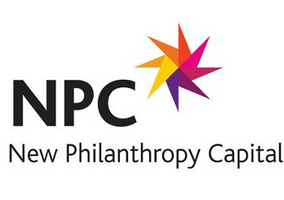The charity sector can be “elitist” and that can contribute to workforce issues, delegates heard at an event yesterday.
Woosh Raza, director of people, culture and inclusion at NCVO was speaking at a Westminster Social Policy Forum keynote seminar.
The panellists were speaking on priorities for addressing issues with the charity workforce – volunteer and staffing shortages, closing third sector pay gaps, promoting staff wellbeing and tackling burnout.
Raza said that the sector can sometimes fail to include people from certain groups, including people of colour.
He said that he is sometimes asked by organisations operating outside of London how to attract a diverse workforce.
“I think we've forgotten actually why it's important to have diversity and inclusion in the sector and in our organisations,” Raza told delegates.
Raza added that the sector should “be honest about the framing of ‘bringing our whole selves to work’ or our authentic selves”.
“I have traditionally not been able to bring my whole self to work and it's not safe for me to do that,” Raza said. “I still have to be very careful and cautious.”
Meanwhile, Chris Willis Pickup, head of charities and social ventures at Mishcon de Reya, said a major challenge for a lot of charity workforce is around governance.
Sometimes there is a “gap” between charities and trustees, he said, and there needs to be a closer alignment between board and charity staff, beneficiaries and clients.
Poor funding models impacting staff
Rebecca Wilkinson, chief executive of Law Works said the increasingly hard fundraising environment and uncertainty over funding is causing staff burnout.
She said in order for charities to do the work, they need to prioritise staff – “put your air mask on first” – as the sector cannot support anyone without supporting its workforce.
Raza added many people in the sector do not focus on themselves “because they're so invested in providing support” to the client.
“So how do we continue to make sure that we're happy and healthy” when the sector is “arguably, in a very, very contentious, volatile, uncertain landscape,” he said.
The panellists added that charities are delivering public services which are unsustainable and do not allow charities to pay staff adequately, which is also contributing to workforce issues in the sector.
Wilkinson emphasised the importance of supporting infrastructure organisations, adding charities can help others in similar situations.
Related Articles












